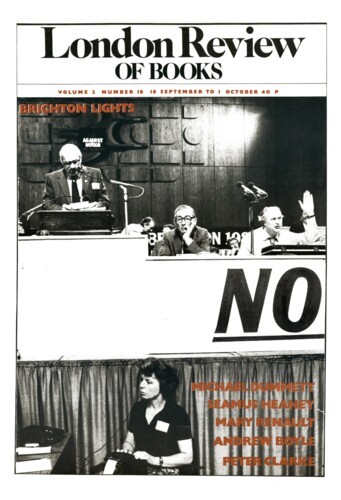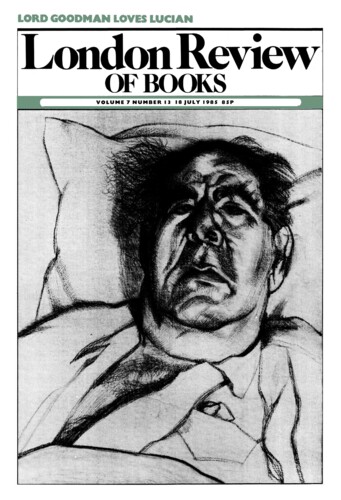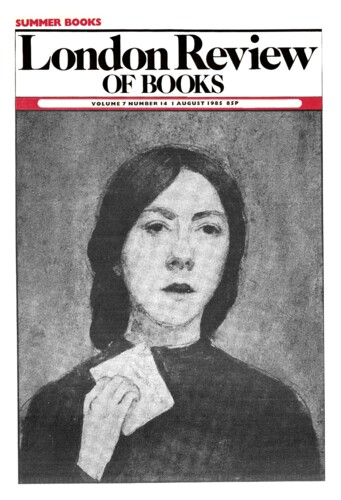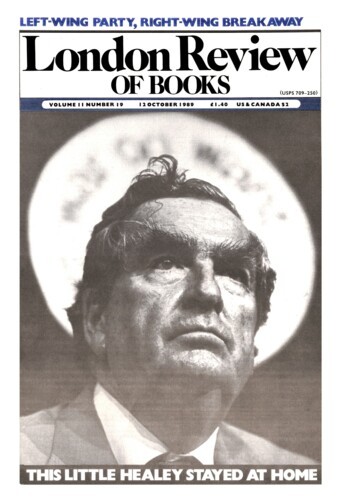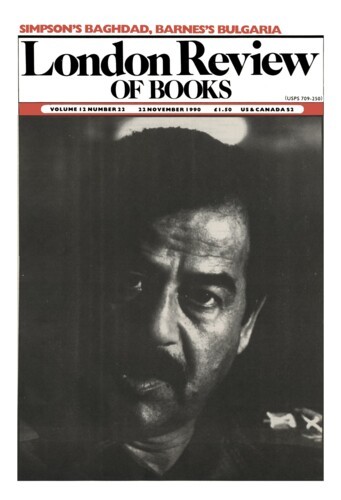Kurt Weill in Europe and America
David Drew, 18 September 1980
When Weill died in New York 30 years ago at the age of 50, his reputation in America rested almost entirely on his major contribution to the development of the Broadway musical during the 1940s, and on the popularity of such hit-songs as ‘Speak low’ and ‘September Song’. Little was known of his European work apart from the fact that The Threepenny Opera had been a failure on Broadway in 1933, and was none the less, or all the more, respected as some kind of classic by those who had witnessed its European success, or seen the Pabst film, or even, if they were lucky, attended the Group Theatre’s summer camp in 1936 and heard Weill talk about it.
